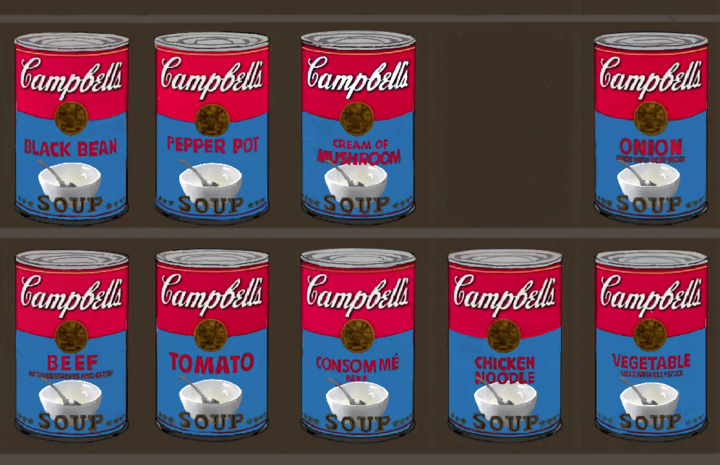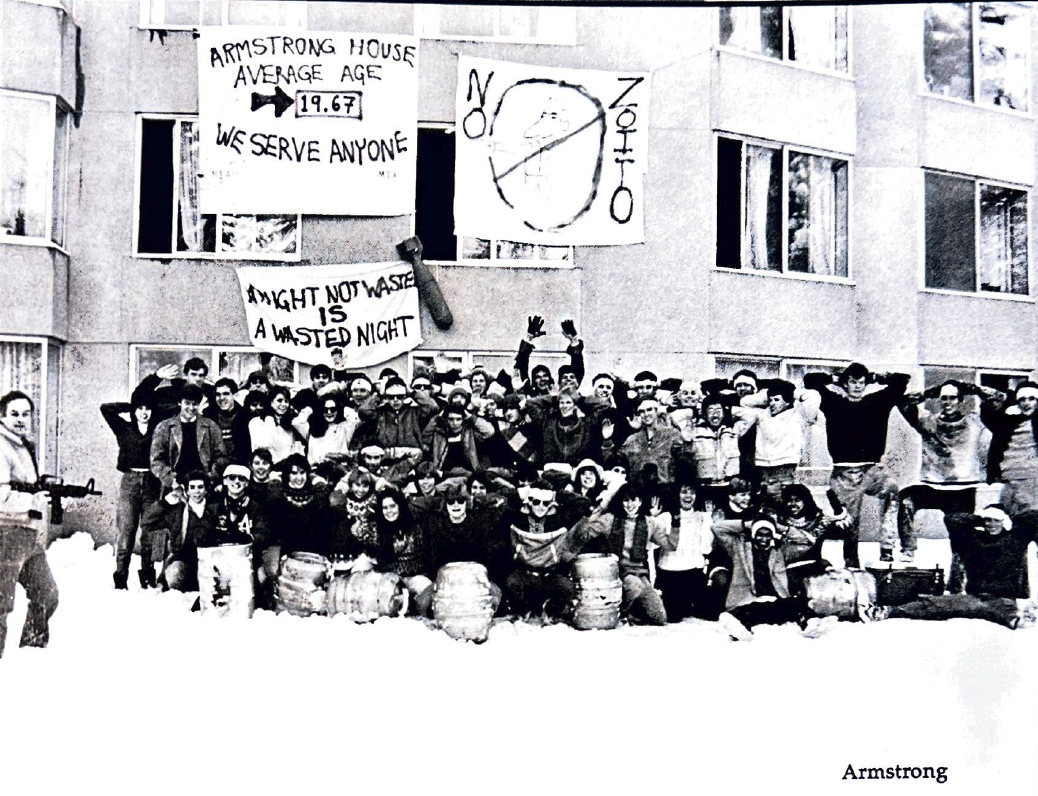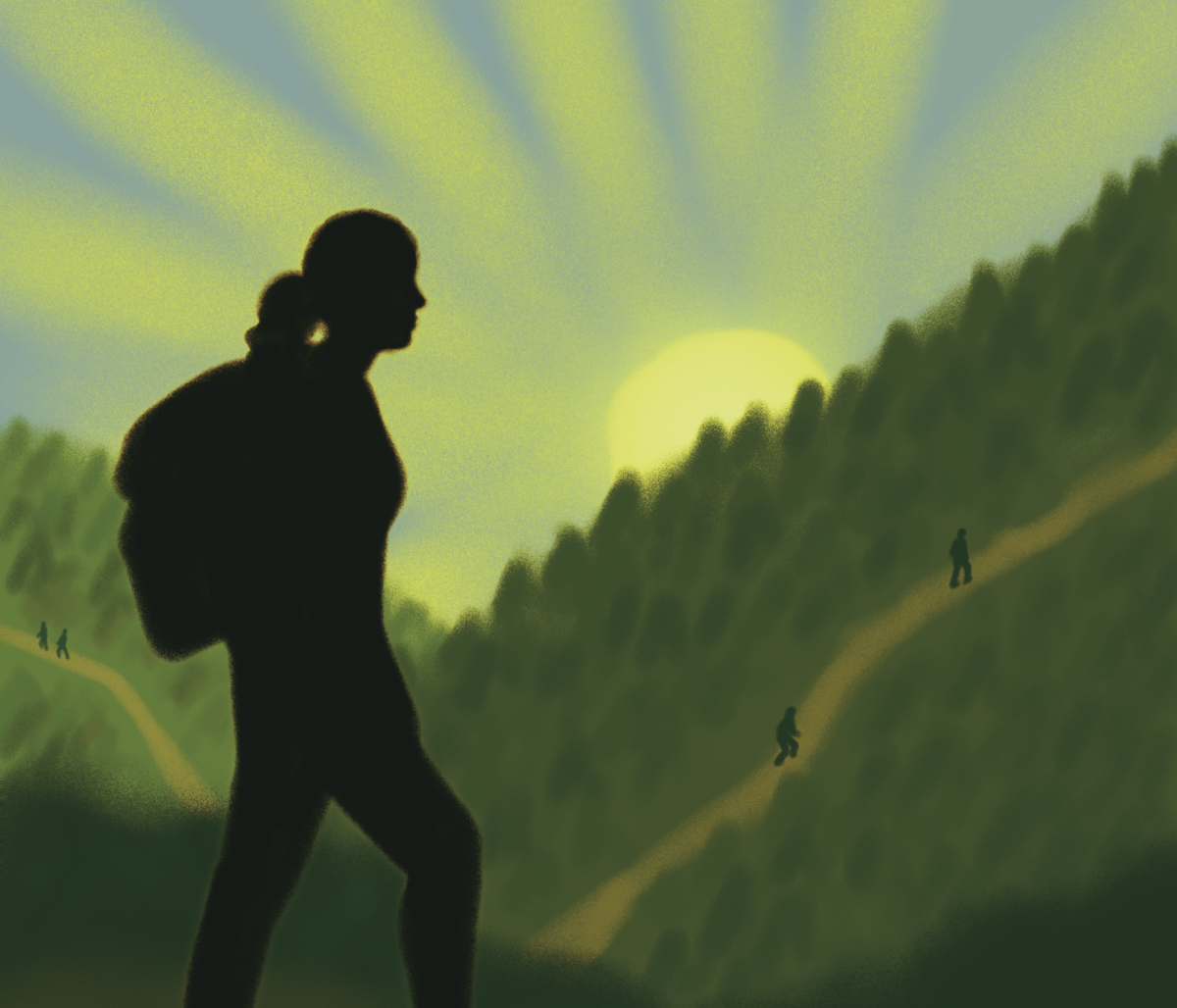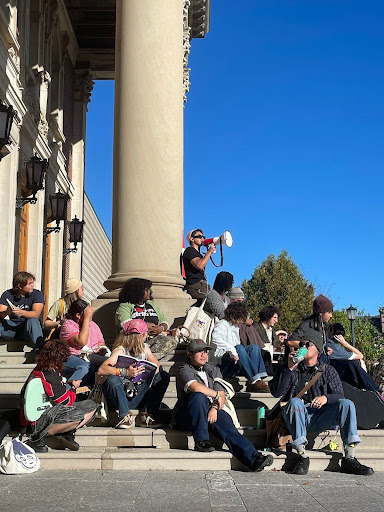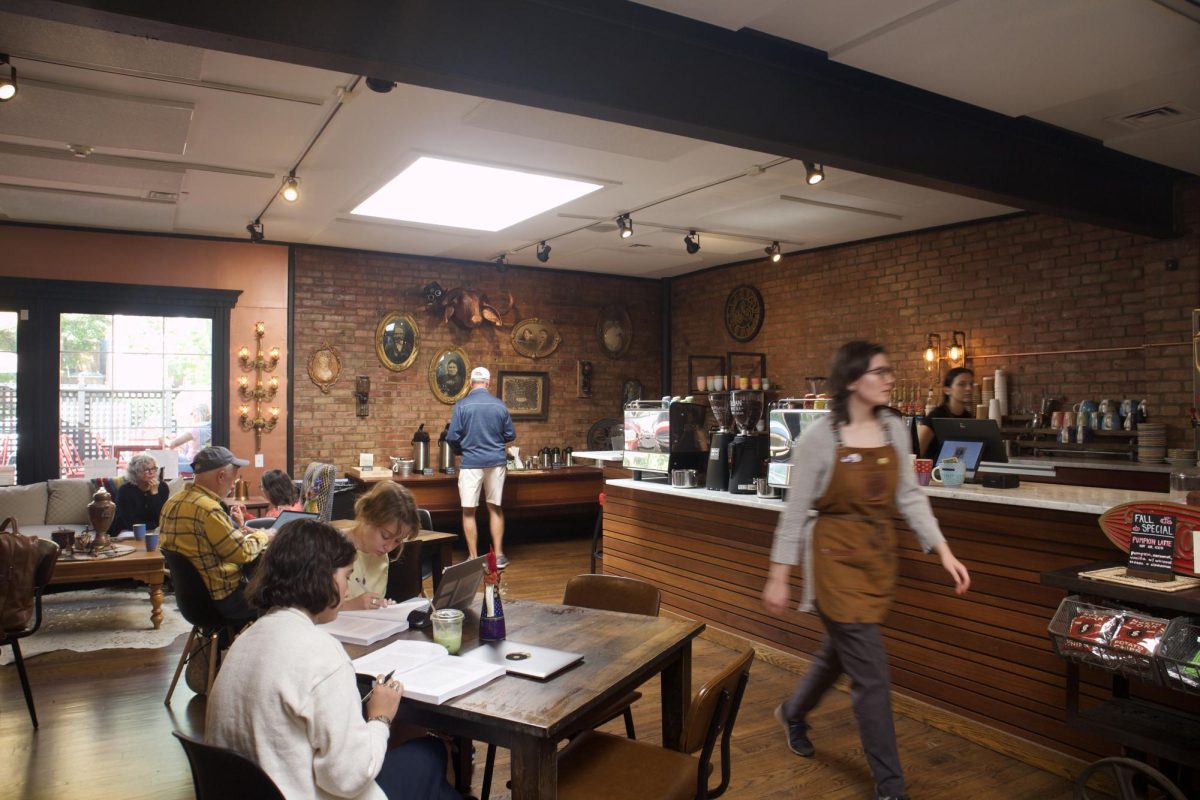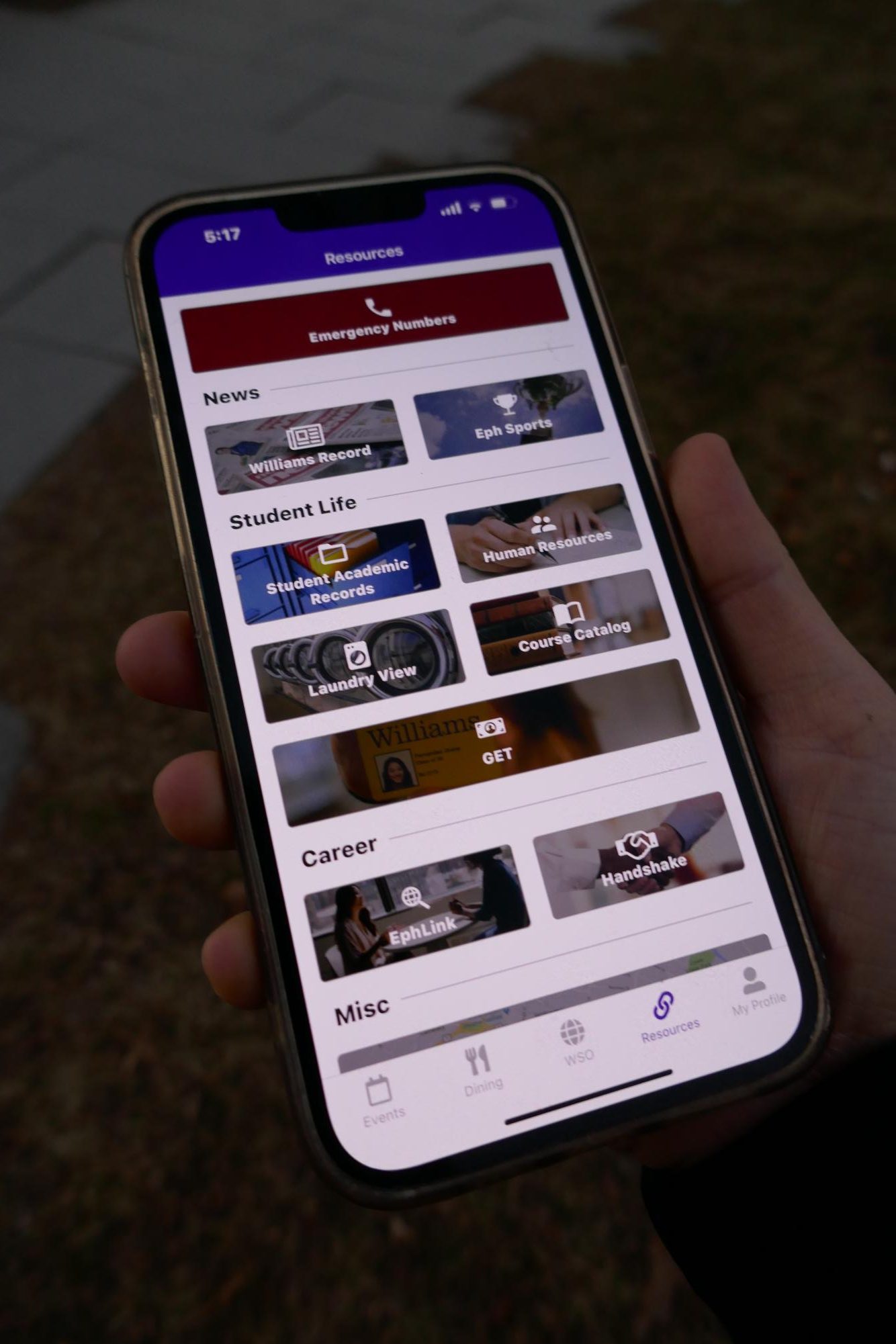
Every day, over 70 percent of the College community — including all students, staff, and faculty with a College login — uses the Williams Students Online (WSO) platform, according to the website’s analytics. For nearly 30 years, the student-run platform has provided the campus community with a variety of online resources and campus information. Members of WSO, the eponymous registered student organization that runs the site, are working to make it even more useful to the College community. Last Thursday, in an email to all students at the College, Co-Presidents Ye Shu ’24 and Andrew Megalaa ’24 announced the launch of the first of many planned improvements: a new platform, Booktrak, for students to resell and purchase their course books.
Sustainability Coordinator Christine Seibert first approached WSO in 2021 on behalf of the Zilkha Center proposing a platform exclusively for reselling books online in order to reduce waste. Megalaa, anticipating how much personal use he would get from such a feature, jumped on the idea. “I have a lot of books, so it bothered me that I couldn’t sell them easily,” he said, noting that the general exchanges feature on WSO does not allow people to efficiently resell and purchase textbooks.
Megalaa and Harry Albert ’25 led the effort with contributions from Shu. “It should be a nice way for us to close that bookstore gap where they would buy students’ books back for pennies on the dollar,” Megalaa said. Currently, students can only access the new feature on the WSO website, but Megalaa said that WSO hopes to eventually make Booktrak available on the mobile app as well.
Throughout WSO’s history, students have used their coding skills to help the College community. Students first launched the website in 1995, and it has since gone through multiple redesigns, all through student initiatives. Though the original website would appear archaic to any student today, the platform was ahead of its time. The “Facebook” feature of WSO even predated Mark Zuckerberg’s social media platform created in 2004. “Maybe if Williams were a little bigger, we would have had our own Mark Zuckerberg,” Megalaa said.
Shu and Megalaa arrived at the College in 2020, when student engagement in WSO had stagnated due to the COVID-19 pandemic. As part of their efforts to increase student engagement, the pair approached Chair and Professor of Computer Science Jeannie Albrecht with the idea of creating a Winter Study course for students to focus on coding projects for WSO. Shu and Megalaa oversaw the work of students throughout Winter Study, under Albrecht’s advisory.
Brenda Jaroker ’25 was one of nine students who participated in the course. She said that working on WSO allowed her to apply computer science knowledge from her courses to the experience of building something new. “For the [computer science] major, you’ll learn everything about coding, but you will never make anything,” she said. “People know very little about web development and app development.”
Jaroker focused on improving a lesser-known feature of WSO: Dormtrak. Similar to the more popular feature Factrak, which allows students to share reviews of their professors, Dormtrak allows students to post and access reviews of dorm rooms. Jaroker became interested in improving Dormtrak after observing her peers who studied abroad struggle to choose new rooms for the spring semester. “What if you’re abroad and you’re picking into the room of someone who is not your friend?” Jaroker said. “How do you know which rooms are good or bad specifically?”
Jaroker enjoyed working behind the scenes through coding. “What I spent the majority of the time working on was on the back end, which is what I really wanted to be doing,” Jaroker said. “It was really awesome to feel around and get to know the code.”
Jaroker coded a requirement that students review at least one dorm that they have lived in before they can access reviews of other dorms, similar to how Factrak functions. Megalaa and Jaroker said they hope that this requirement will incentivize more dorm reviews and create a more complete dataset.
Though the RSO put in lots of work over the fall semester and Winter Study, it still has a long list of improvements that they hope to soon implement. “We have tons of backlogged features, bugs, exciting ideas, and future projects,” Shu said. For example, the students have had a website redesign in the works since the summer of 2020 that they hope to finish.
Besides Booktrak, Shu said that WSO hopes to roll out a new food alert system that will allow people to sign up for notifications when a dining hall serves any item of their choosing. They also plan to add an advanced search feature to Facebook that will allow people to generate lists of students that match certain criteria, such as class year, dorm, or hometown.
Shu has also put in a lot of work to make WSO function more seamlessly and to make the website’s code more readable for future generations of WSO members. “If you used WSO 10 years ago, [you] would notice that you frequently encountered bugs,” he said. “We redid the entire code base to make it a lot less error-prone and more resilient.”
Shu has also enjoyed meeting students who are passionate about coding and enhancing WSO. “I think that process has just shown me how exciting it is to work in groups with people who share the same vision as me,” he said.
“I enjoy seeing the features get built,” Megalaa added. “I think it’s pretty satisfying when something you put so much effort in gets launched and people start using it.”



